Figuring out how many credit cardsit cards to carry is something lots of people struggle with. Some money pros say stick to one card to keep things simple, while others recommend having several to earn more rewards and boost your credit score.
Table of Content
- how many credit cards is too many
- best number of credit cards for credit score
- credit card limits and financial responsibility
- balancing rewards cards with simple finances
- managing multiple credit card due dates
- impact of multiple cards on debt management
- credit card annual fees worth paying
- store credit cards versus general purpose cards
- how age of credit cards affects your score
- credit card fraud protection with multiple cards
- business versus personal credit card separation
- closing credit cards affects credit utilization
- credit card application frequency rules
The Fed found most Americans have about four cards. But what’s right for you depends on how you spend, your money goals, and how well you handle credit. Here’s what I’ve learned about picking the perfect number of cards – from my own mistakes and tips from experts.

how many credit cards is too many
Knowing when you’ve got too many cards is key to staying on top of your money.
I learned the hard way – having more than five cards meant I kept forgetting payments and stressing out. Money guru John Ulzheimer says going over seven cards can hurt your credit because it’s too easy to overspend.
Experian’s research shows people with five or more cards use about 28% of their credit, while those with just one or two cards use only 18%. Here’s what worked for me: cutting down to just three cards – one for everyday stuff, one for travel perks, and one with low interest for emergencies. This made my money life way easier while still keeping my credit mix healthy.
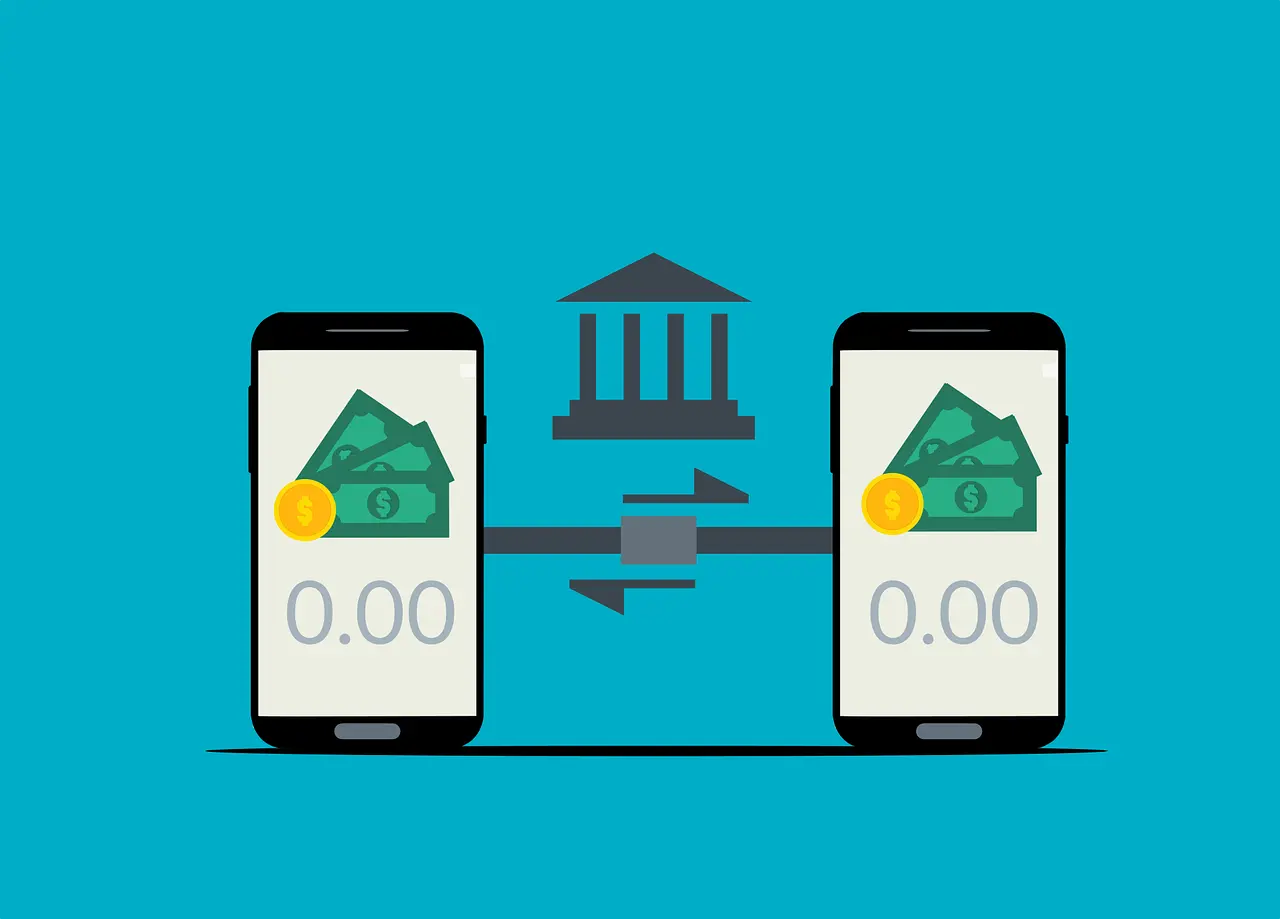
best number of credit cards for credit score
How many cards you have affects your credit score in ways you might not expect.
FICO found folks with three to five cards usually have the best scores – around 720 to 750. I saw this myself when my score shot up 40 points just by adding a second card.
Having different types of credit (35% of your score) and keeping balances low (30%) both get better when you handle multiple cards wisely. Money expert Suze Orman says begin with two cards – a regular one and a store card – to build good credit. Here’s the big takeaway: What matters most isn’t how many cards you have, but how you use them.

credit card limits and financial responsibility
When you’ve got several cards, you need to know how those credit limits really affect your money situation.
At first, when I got three cards with $10k limits, I wrongly figured I could spend $30k. Credit whiz Beverly Harzog says don’t let your total credit limits go over half what you make in a year.
NerdWallet found people do best when they use less than 30% of their total credit across all cards. What I did was ask for lower limits on extra cards, keeping just one main card with a higher limit for emergencies. This trick stopped me from overspending and kept my credit usage looking good. Don’t forget – big limits aren’t for spending more, they’re for building credit if you’re smart about it.

balancing rewards cards with simple finances
Rewards cards make the how many question trickier.
I ended up with seven rewards cards and spent way too much time keeping track of all the different point systems. The CFPB says 43% of people with rewards cards don’t get the most out of them because it’s too complicated.
Travel pro Brian Kelly says pick just two rewards cards that work well together – like one for travel and one for cash back – instead of going after every deal. I switched to just a travel card for big buys and a simple cash back card for everyday stuff. Way easier to track and I still get good rewards. Bottom line? More cards only mean more rewards if you can actually handle them.
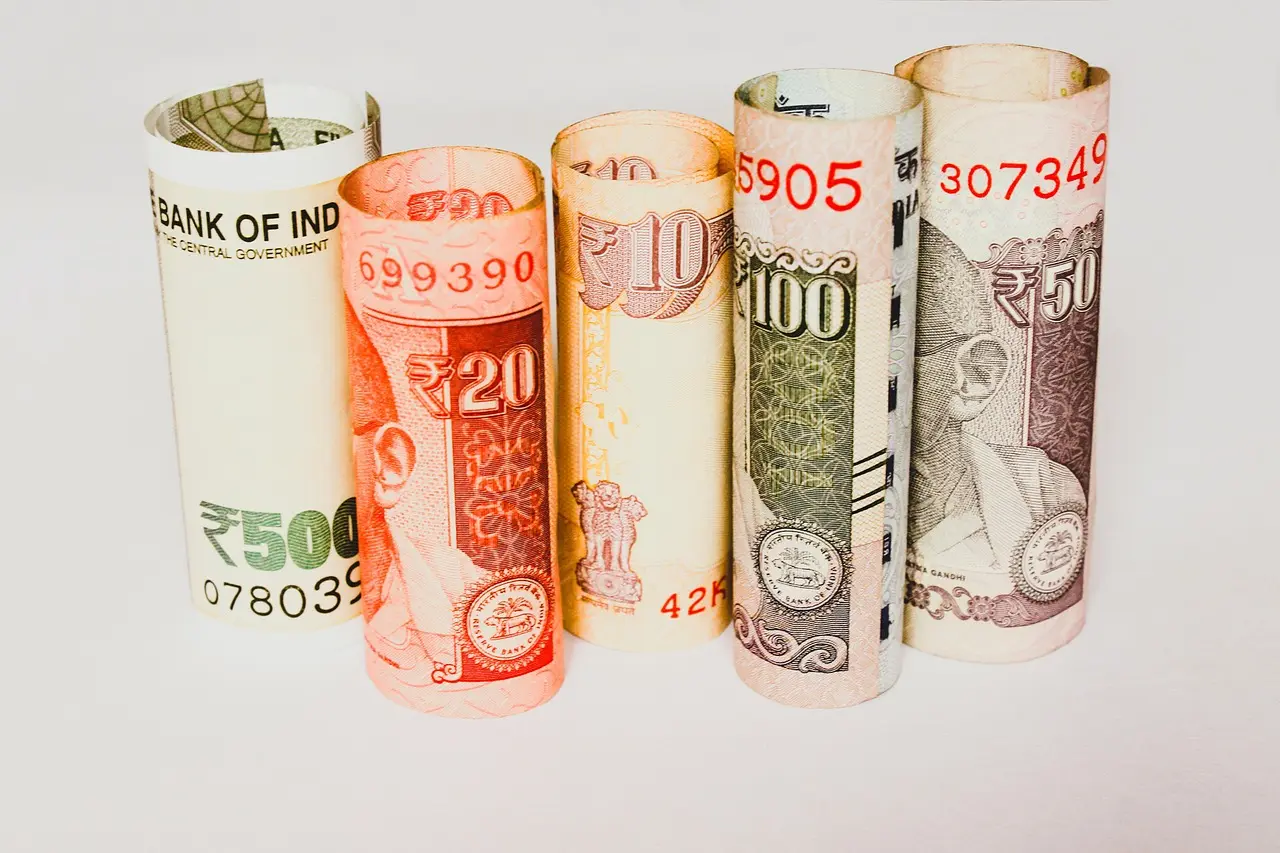
managing multiple credit card due dates
The more cards you add, the harder it gets to keep track of payments.
With four cards, I totally spaced on two payments just because I couldn’t remember all the different due dates. Bankrate found 35% of card users have missed payments because they mixed up the dates.
Money expert David Bach says call your card companies to line up all your due dates. I did this – moved all my due dates to right after payday. Made paying bills way less stressful. Setting up autopay helps too – the ABA says it cuts late payments by 72%. Moral of the story? When you’ve got multiple cards, you need systems in place – don’t just rely on remembering.

impact of multiple cards on debt management
If you’re not careful, more cards can lead to more debt.
I found this out the painful way when medical bills on three different cards grew fast thanks to different interest rates. The Fed says people with three or more cards have 42% more debt than those with just one.
Debt guru Dave Ramsey says stick to one card while paying down debt, though credit builder loans might work better long-term. What worked for me? Moving all my debt to one 0% interest card (many banks offer these for 18 months) and getting rid of the rest. This simple plan helped me knock out $15k in debt in just a year. Having lots of cards can mess up your debt payoff plan – sometimes it’s smarter to combine everything.

credit card annual fees worth paying
Yearly fees make choosing how many cards to have even trickier.
I wasted over $1,000 on annual fees for fancy cards I hardly ever used. ValuePenguin found only 37% of people with fee cards actually get enough rewards to make up for the cost.
Ted Rossman from CreditCards.com says keep just one fancy card if perks like airport lounges actually fit how you live. I switched two fee cards to free versions and kept one travel card I actually use every month. Do the math each year – subtract fees from rewards. If you’re losing money, maybe ditch that card. Don’t forget – a bunch of yearly fees can eat up your rewards fast.

store credit cards versus general purpose cards
Store cards make the how many question even more complicated.
I opened five store cards just for discounts and my credit score took a 30-point hit from all the credit checks. Credit Karma says stick to one or two store cards you’ll actually use, since their interest rates are usually higher – 24% vs 16% for regular cards.
I held onto just my favorite store card that gives 5% back all year and got rid of the rest. Store cards can be handy, but don’t let them bulk up your wallet unless they’re really worth it. Think of them as extras, not main parts of your credit plan.
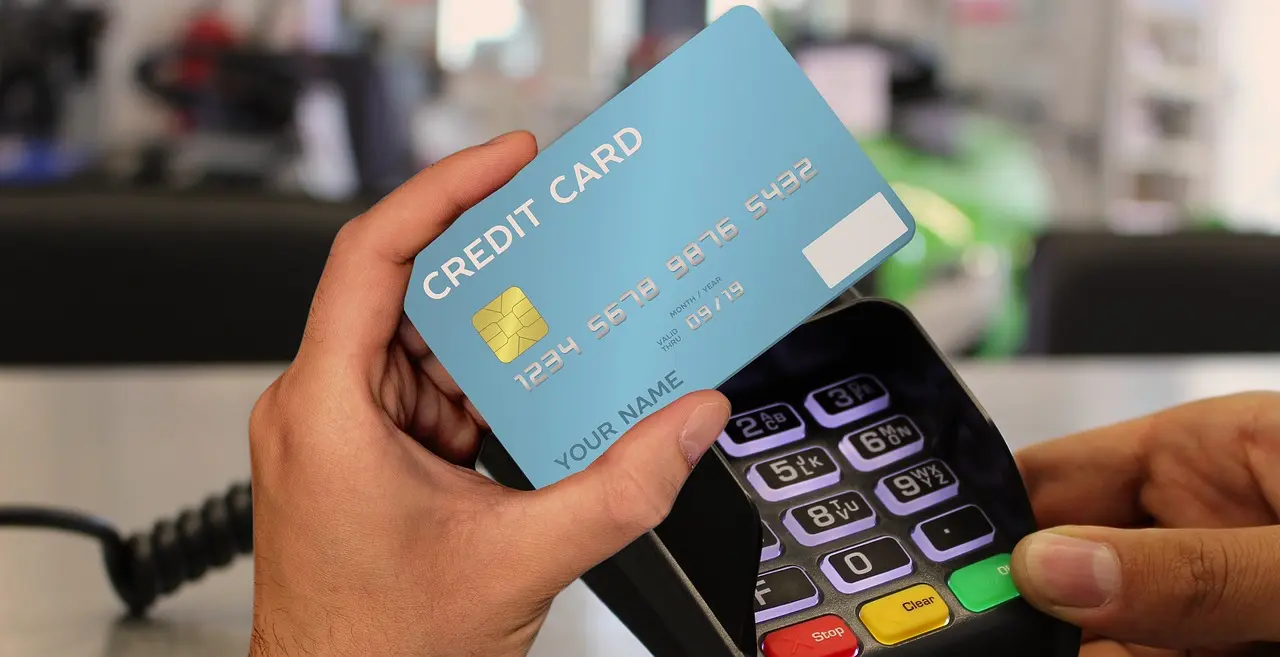
how age of credit cards affects your score
How long you’ve had your cards is just as important as how many you have.
Closing my first card (from college) made my average account age plunge from 7 years to 3, which hurt my credit score. FICO says cards you’ve had for over 10 years really help your credit history, which counts for 15% of your score.
Credit pro Lynnette Khalfani-Cox says keep your oldest card open by putting small regular charges on it. I set my Netflix bill to auto-pay on my oldest card – keeps it active without me having to use it much. When adding cards, spread out applications over years, not months, to protect your average account age. Often, having a couple old cards is better than a bunch of new ones.
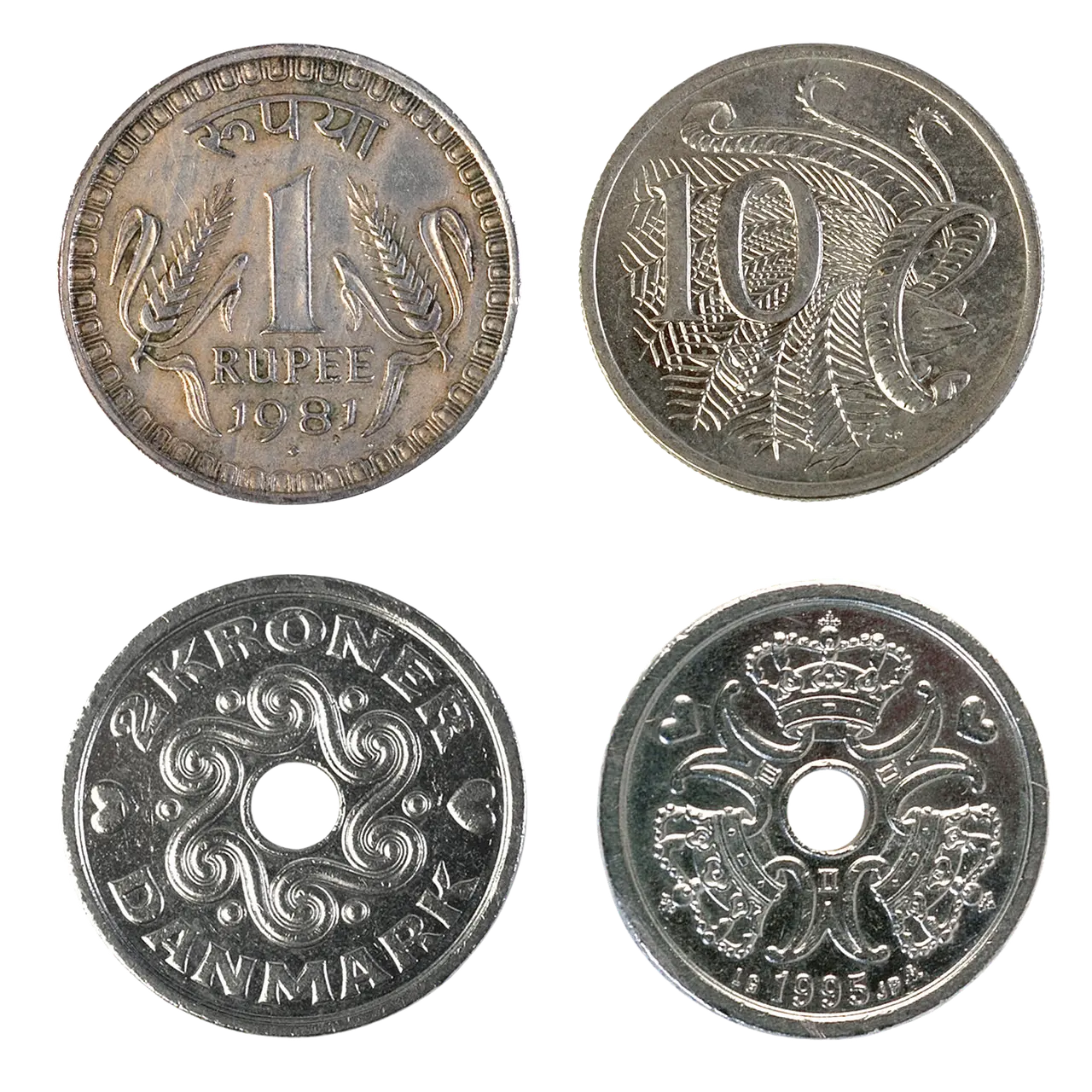
credit card fraud protection with multiple cards
The more cards you have, the more chances for fraud.
When two of my cards got hacked in a year, I found out banks catch 87% of fraud in the first day (according to Javelin Strategy). But dealing with fraud alerts on several cards takes up a lot of time.
Security expert Adam Levin says use one card with a small limit for online shopping and another for stores. Now I mostly use Apple Pay – it creates temporary card numbers that are safer. Having a backup card is wise (my bank once froze my primary card suspiciously), but beyond 2-3 cards, the fraud management overhead may outweigh the benefits. Balance convenience with security when deciding how many cards to carry.
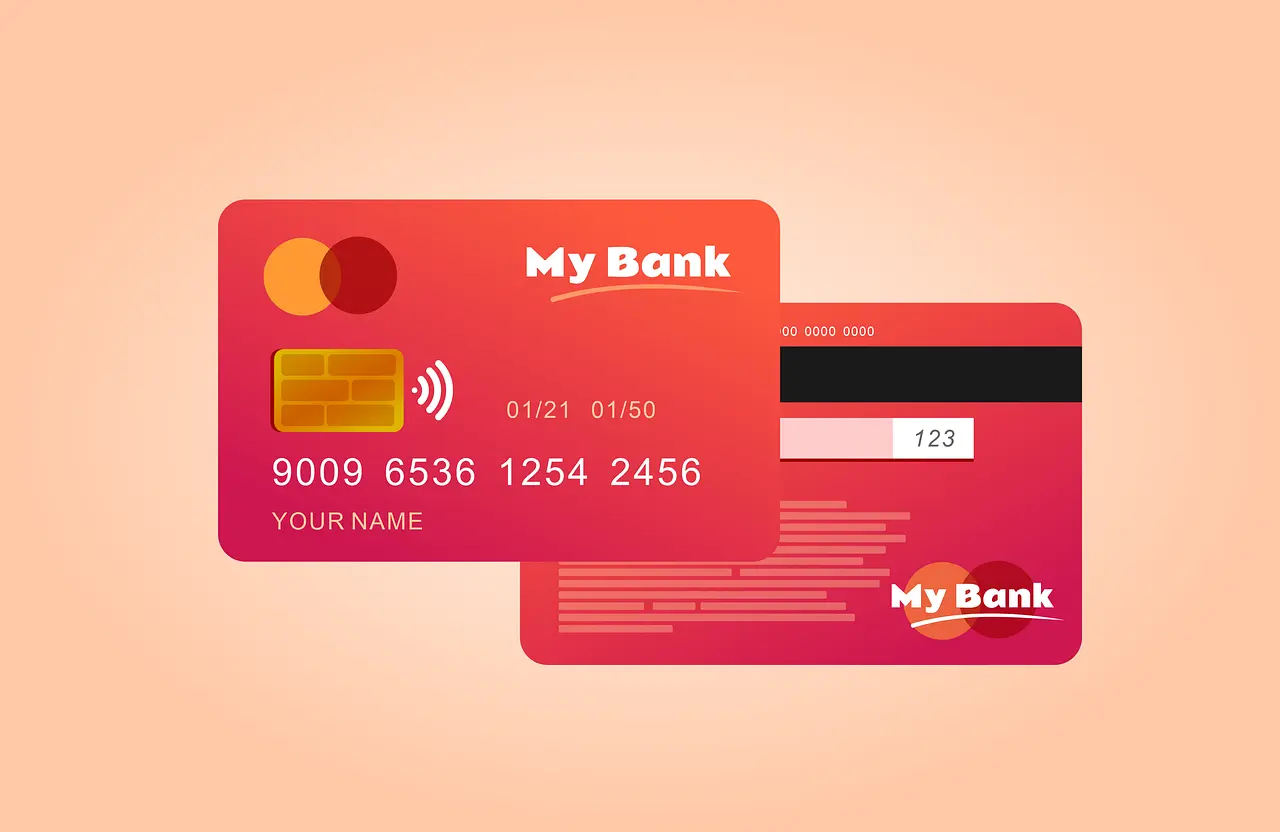
business versus personal credit card separation
Entrepreneurs face additional card quantity considerations.
When my side hustle grew, I mixed business and personal expenses on one card, creating accounting headaches. The Small Business Administration recommends at least two separate cards for business owners.
I adopted this system: one business card for deductible expenses and one personal card, plus a shared emergency card with my spouse. Intuit’s survey shows 62% of small businesses use dedicated cards, simplifying tax preparation. If you’re self-employed, these extra cards serve distinct purposes rather than adding to your personal card count. Keep business and personal credit separate for cleaner finances and better financial tracking.

closing credit cards affects credit utilization
The decision to close cards requires careful strategy.
I once closed three unused cards simultaneously, causing my utilization to spike from 12% to 45%. FICO’s analysis shows that closing cards can hurt scores for up to six months, especially if they’re your oldest accounts.
Credit expert Jean Chatzky suggests keeping cards open with a small recurring charge unless they have annual fees. My solution was product-changing unwanted cards to no-fee versions instead of closing them. If you must close cards, do so gradually (one every six months) and pay down other balances first to minimize utilization shocks. Remember, reducing card quantity requires as much strategy as adding cards.

credit card application frequency rules
How often you apply for cards impacts your credit health.
After three applications in six months, my score dropped 28 points due to multiple hard inquiries. Chase’s 5/24 rule (approving only those with fewer than five new cards in 24 months) taught me to space applications strategically.
Credit Sesame’s data shows waiting at least 90 days between applications minimizes score impact. I now follow a one card per year rule unless a exceptional offer aligns with my spending patterns. Rapid card accumulation looks risky to lenders – patience in building your card portfolio pays long-term dividends in credit score preservation.
In conclusion, the optimal number of credit cards balances financial flexibility with manageable complexity.
Through my journey from one to seven cards and back down to three, I learned that quality trumps quantity. The right mix depends on your ability to track payments, control spending, and strategically use benefits.
Start small, monitor how additional cards affect your credit and stress levels, and don’t chase rewards at the expense of financial health. Ready to optimize your wallet? Audit your current cards this week – calculate their net value, check your total utilization, and consider consolidating if management feels overwhelming. Your ideal number awaits where convenience, rewards, and control intersect.